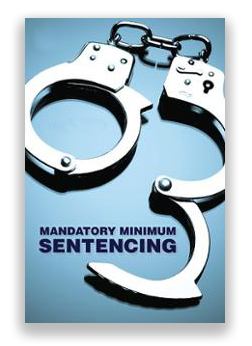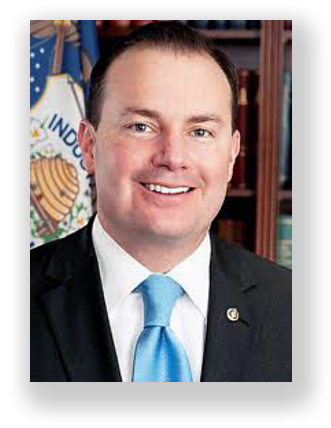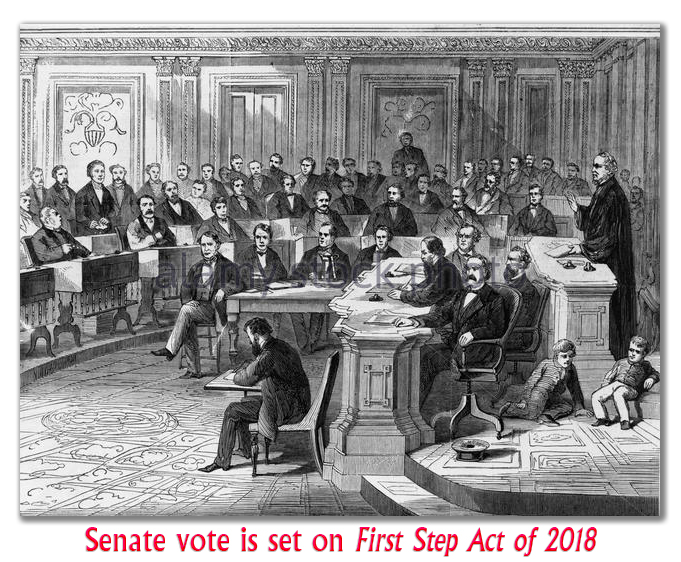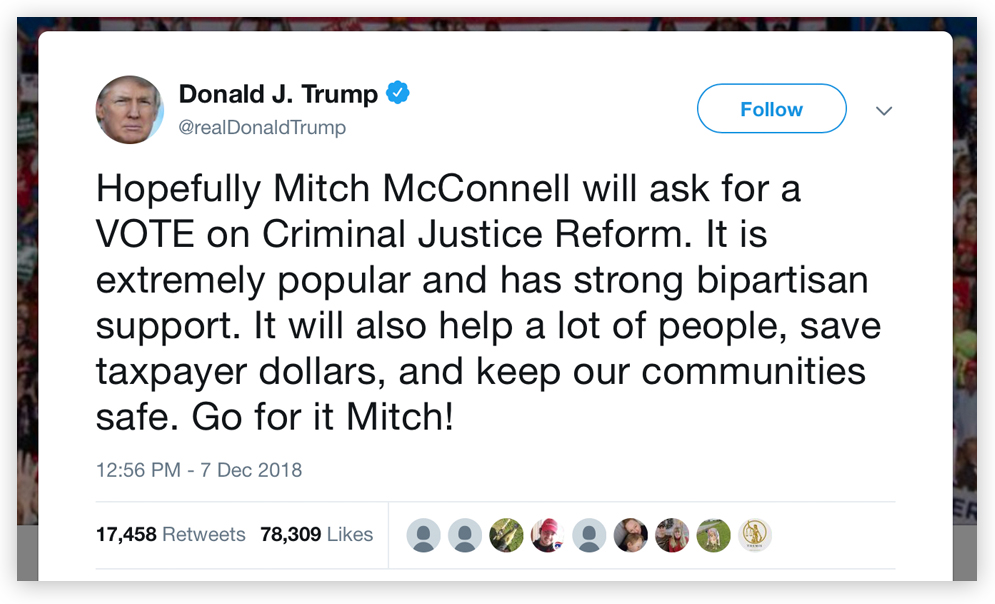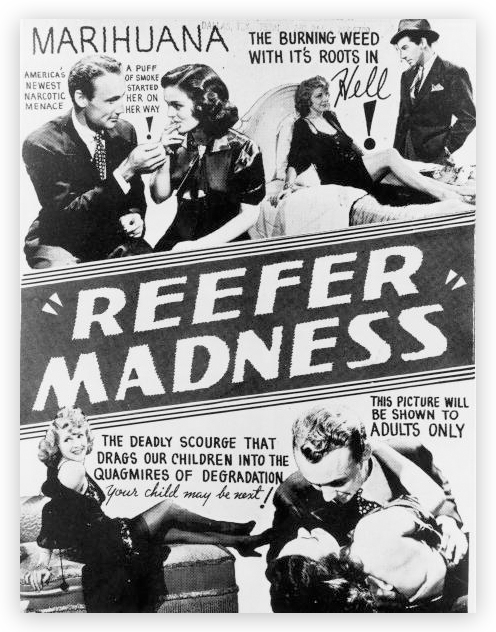We post news and comment on federal criminal justice issues, focused primarily on trial and post-conviction matters, legislative initiatives, and sentencing issues.

ENOUGH IS ENOUGH, SENATORS MAY BE TELLING BOP
Phineas T. Barnum reputedly said, “there’s no such thing as bad publicity.” But P.T. Barnum never served as Director of the Federal Bureau of Prisons.
 It’s been a rough ride. First, the Dept. of Justice Inspector General has issued a scathing report of BOP mismanagement and maladministration that led to the suicide of high-value celebrity prisoner Jeffrey Epstein and the murder of Whitey Bulger. There has been a steady stream of death-of-a-thousand-cuts reports of BOP employees being convicted of everything from inmate sexual abuse to cellphone smuggling to COVID fraud. The Washington Post fumed last week that “regardless of the offense, any unnatural death in custody is a failure of the prison system.”
It’s been a rough ride. First, the Dept. of Justice Inspector General has issued a scathing report of BOP mismanagement and maladministration that led to the suicide of high-value celebrity prisoner Jeffrey Epstein and the murder of Whitey Bulger. There has been a steady stream of death-of-a-thousand-cuts reports of BOP employees being convicted of everything from inmate sexual abuse to cellphone smuggling to COVID fraud. The Washington Post fumed last week that “regardless of the offense, any unnatural death in custody is a failure of the prison system.”
This week has seen well-loathed U.S. Gymnastics doctor Larry Nassar – serving an endless string of life sentences for an endless string of revolting assaults of women gymnasts – stabbed multiple times at USP Coleman by attackers unknown. BOP employees promptly blamed the attack on a short-staffed facility.
It wasn’t long before the Associated Press reported that Nassar was attacked inside his cell, “a blind spot for prison surveillance cameras that only record common areas and corridors.” The AP said, “In federal prison parlance, because of the lack of video, it is known as an ‘unwitnessed event.’”
It isn’t clear that even full implementation of the Prison Camera Reform Act (Pub.L. 117-321), hardly prevented Capitol Hill from finally having had enough of the BOP follies.
Enough is more than enough. After several half-hearted attempts to address BOP management weaknesses, a bipartisan group of senators yesterday announced the introduction of the Federal Prison Accountability Act of 2023 (no bill number assigned yet), intended to increase oversight at federal prisons.
FPAA would require the president to seek Senate advice and consent when appointing the BOP director, who would be appointed to a single, 10-year term. Sen. Charles Grassley (R-Iowa), ranking member of the Senate Judiciary Committee, said requiring Senate confirmation of the BOP director would “bring badly needed transparency and accountability to the federal prison system.”
“The Director of the Bureau of Prisons leads thousands of employees and expends a massive budget,” Grassley said in a press release. “It’s a big job with even bigger consequences should mismanagement or abuse weasel its way into the system.”
 It took awhile to get here. Following an 8-month investigation last year that revealed rampant sexual abuse of female prisoners and a failure to prevent recurring sexual abuse, Sen. Jon Ossoff (D-GA) introduced the Federal Prison Oversight Act (S.4988) late last year. The bill – which would have required the DOJ Inspector General to conduct inspections of the BOP’s 122 correctional facilities, provide recommendations to problems and assign each facility a risk score – was window-dressing, a political statement with no chance of passage in the waning days of the 117th Congress.
It took awhile to get here. Following an 8-month investigation last year that revealed rampant sexual abuse of female prisoners and a failure to prevent recurring sexual abuse, Sen. Jon Ossoff (D-GA) introduced the Federal Prison Oversight Act (S.4988) late last year. The bill – which would have required the DOJ Inspector General to conduct inspections of the BOP’s 122 correctional facilities, provide recommendations to problems and assign each facility a risk score – was window-dressing, a political statement with no chance of passage in the waning days of the 117th Congress.
Three months ago, however, Ossoff introduced a revised version of FPOA (S.1401), with Rep. Lucy McBath (D-GA) filing a companion bill in the House (H.R.3109). The new FPOA would have, among other actions, created a hotline for prisoners to report misconduct.
 Now, three months later, the latest effort to reform federal prisons would subject the BOP director to the same congressional scrutiny as other law enforcement agency chiefs such as the director of the FBI, which Senate Minority Leader Mitch McConnell (R-KY) said is needed. “The Director of the Bureau of Prisons oversees more than 34,000 employees and a multi-billion dollar budget, and should be subject to Senate review and confirmation as well,” McConnell said.
Now, three months later, the latest effort to reform federal prisons would subject the BOP director to the same congressional scrutiny as other law enforcement agency chiefs such as the director of the FBI, which Senate Minority Leader Mitch McConnell (R-KY) said is needed. “The Director of the Bureau of Prisons oversees more than 34,000 employees and a multi-billion dollar budget, and should be subject to Senate review and confirmation as well,” McConnell said.
Grassley introduced FPAA along with McConnell and Sens Kyrsten Sinema (I-AZ), Rand Paul (R-KY), Mike Lee (R-UT), John Cornyn (R-TX), Marco Rubio (R-FL) and Marsha Blackburn (R-TN), Mike Braun (R-IN) and Ossoff. With that kind of legislative horsepower behind it – not to mention black eyes like Jeffrey Epstein, Whitey Bulger and Larry Nasser – it’s safe to predict that Director Colette Peters may be the last BOP Director to not be approved by the Senate.
The Hill, Bipartisan senators introduce bill to increase federal prison oversight (July 13, 2023)
Sen. Charles Grassley, Senators Introduce Bipartisan Bill to Increase Accountability at Federal Prisons (July 13, 2023)
Associated Press, Larry Nassar was stabbed in his cell and the attack was not seen by prison cameras, AP source says (July 11, 2023)
Associated Press, Former federal prison guard sent to prison for violating civil rights of injured inmate (July 11, 2023)
Washington Post, Jeffrey Epstein’s suicide reveals grave failures of U.S. prisons (July 10, 2023)
– Thomas L. Root










